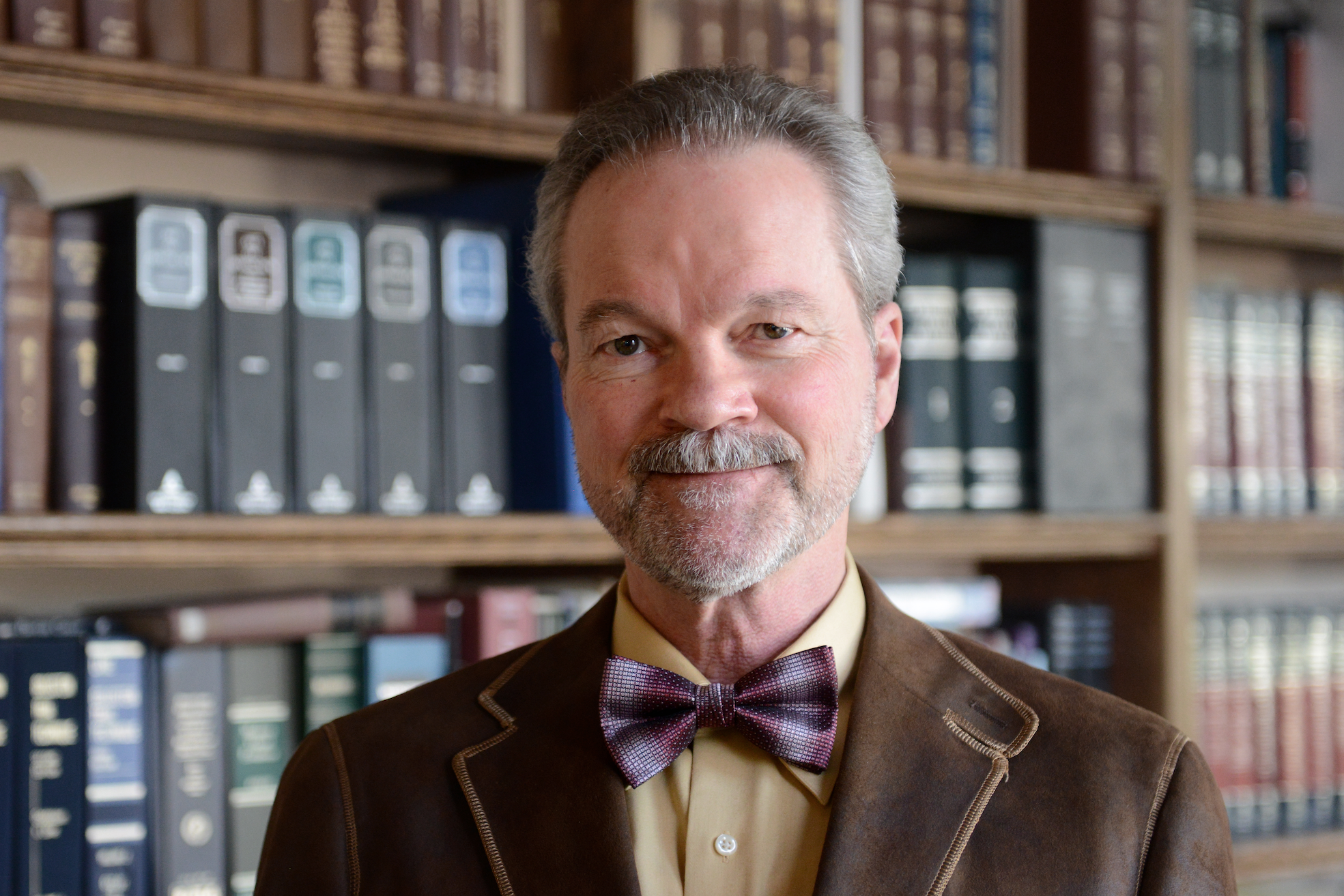
Dr. Christopher Buck – Bahá’í Consciousness of Oneness: Bahá’u’lláh’s Principles of Unity, from Family Relations to International Relations
In the academic study of religion, one useful methodology for a comparative phenomenology of the world’s religions is paradigm analysis, in which each religion can be better understood and appreciated in terms of each religion’s core consciousness, which may be identified by way of a “disease/cure” approach, in which a religion’s worldview of the “human predicament” (i.e., the “disease”) is identified, along with the solution (i.e., “cure”). The Bahá’í Faith—an independent world religion founded by Bahá’u’lláh (1817–1892) on April 22, 1863 in Baghdad—is based on a paradigm of unity, and therefore promotes the consciousness of oneness, from family relations to international relations. Shoghi Effendi (1897–1957)—Bahá’u’lláh’s great-grandson and “Guardian” of the Bahá’í Faith (1921–1957)—has described the Bahá’í paradigm of unity by declaring, on 22 May 1939, that “the consciousness of world citizenship will be born, a consciousness that can alone provide an adequate basis for the organization of world unity, on which a lasting world peace must necessarily depend, the peace itself inaugurating in turn that world civilization which will mark the coming of age of the entire human race.” (Shoghi Effendi, This Decisive Hour, www.bahai.org/r/635047643.) In keeping with the Scientific and Medical Network’s mission of “co-creating new paradigms to bring truth, beauty, health and well-being into harmony,” this webinar will present the Bahá’í paradigm of unity—i.e., the Bahá’í consciousness of oneness—by setting forth Bahá’u’lláh’s principles of unity, from family relations to international relations, as further elaborated by ‘Abdu’l-Bahá (1844–1921)—Bahá’u’lláh’s eldest son, successor, interpreter, and exemplar of Bahá’u’lláh’s principles of unity, as expressed in action—and as further elucidated by the Universal House of Justice1 (1963–present)—the international Bahá’í governing council that oversees and orchestrates the current systematic and worldwide Bahá’í focus on “community building” at the grassroots level, along with initiating programs of “social action” as service projects for the “betterment of the world,” and engaging in the “public discourses” of society for the elevation of consciousness, as the Bahá’í contribution to global transformation in the course of the world’s spiritual, scientific, and social evolution.
CHRISTOPHER BUCK, Ph.D., J.D., publishes broadly as an independent scholar in a wide range of academic fields, including American studies, Native American studies, African American studies, religious studies, Islamic studies, and Bahá’í studies. His Ph.D. (University of Toronto, 1996) is in the academic study of religions (specializing in the comparative phenomenology of religions), and his law degree (2006) is from the Western Michigan University Thomas M. Cooley Law School. Dr. Buck’s latest book is: The Bahá’í Faith and the Black Intelligentsia: Race, Religion, and Nation, with an “Introduction” by Richard W. Thomas, Professor Emeritus of History, Michigan State University (2025). Dr. Buck’s previous books include, inter alia: Bahá’í Faith: The Basics (Routledge, 2021); God & Apple Pie: Religious Myths and Visions of America (2015), introduction by J. Gordon Melton (Distinguished Professor of American Religious History, Baylor University); Religious Myths and Visions of America (ABC-CLIO, 2009, “an original contribution to American studies,” Journal of American History, June 2011); Alain Locke: Faith & Philosophy (2005); Paradise & Paradigm: Key Symbols in Persian Christianity and the Bahá’í Faith (SUNY Press, 1999); Symbol & Secret: Qur’an Commentary in Baha’u’llah’s Kitáb-i Íqán (1995/2004). A former university professor, Dr. Buck taught at Pennsylvania State University (2011), Michigan State University (2000–2004), Quincy University (1999–2000), Millikin University (1997–1999), and Carleton University (1994–1996). He currently practices law as an attorney in Pittsburgh, Pennsylvania, where he lives with his wife, Nahzy Abadi Buck, and their younger son, Taraz Buck (Ph.D., Computational Biology, Carnegie Mellon University).
Speaker
-
 Christopher BuckIndependent Scholar and Writer
Christopher BuckIndependent Scholar and WriterIndependent Scholar
